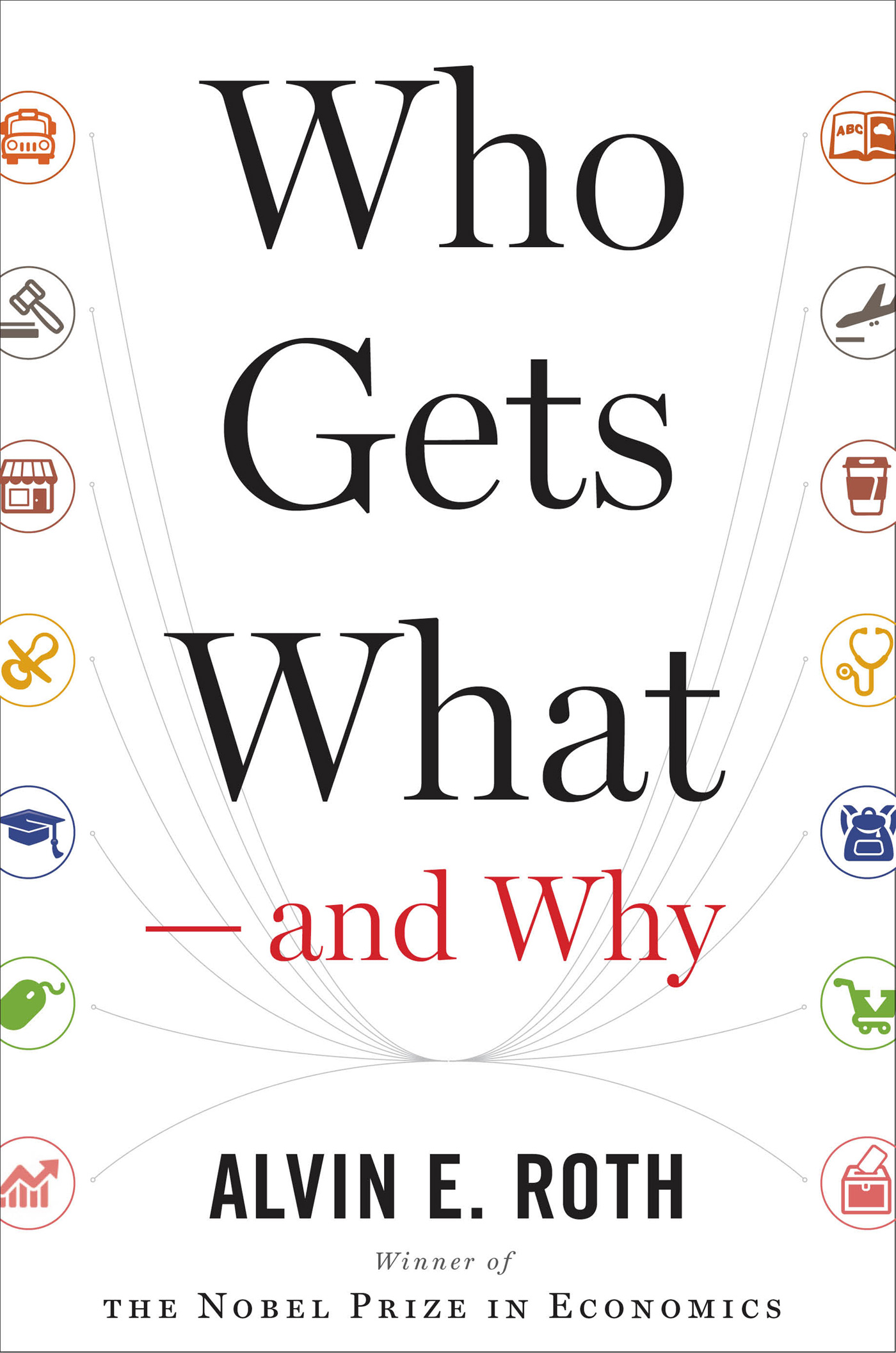Investors prone to ‘illusion of control’ and ‘overconfidence’ bias are more likely to undertake potentially risky investments in complex hybrid securities, a study by QUT behavioral economists has found.
The Australian Securities and Investment Commission (ASIC) commissioned the study due to its concern that some investors may underestimate the risks involved in trading hybrid securities.
Hybrid securities fuse some of the features of debt and equity securities and are a way for banks and companies to borrow money from investors in return for interest payments.
ASIC explicitly warns investors about the complexity of hybrid securities on their Moneysmart website by stating:
“Even experienced investors will struggle to understand the risks involved in trading them. If you don’t fully understand how they work, you should not invest.” – ASIC
The objective of the study was to identify the behavioral biases that impact allocation to hybrid securities within an overall portfolio and assess how perceived risk of hybrid securities compared with shares and bonds.
The research was conducted using behavioral economic techniques, which places participants in a simulated environment, allowing researchers full control over the factors affecting decision makers in a given situation.
The participants were tested to reveal their behavioral biases and risk attitudes before participating in an investment game in which they needed to allocate a portfolio across bonds, hybrid securities and shares.
The most significant difference in allocation to hybrid securities was between participants with ‘illusion of control bias’ and those without it.
“Illusion of control bias describes the tendency of individuals to believe that they can control or at least influence outcome of an uncertain event when actually they cannot” – Dr. Anup Basu
Dr. Anup Basu, the lead researcher for Queensland Behavioural Economics Group (QuBE), explains “For example when buying Lottery tickets, some individuals believe choosing their own numbers, as opposed to being assigned random numbers, increases their odds of winning. This is one of many examples of ‘illusion of control’ bias where people incorrectly believe they can influence the outcome of an uncertain event.”
“Allocation to hybrid securities increased by nearly 14 % for participants who demonstrated the ‘illusion of control’ bias. It implies that these investors may think they have some ability to control risks involved, for example by withdrawing ‘in time’ from an investment.”
Participants with ‘overconfidence’ bias showed a higher average allocation to hybrids by more than 10%. Overconfidence describes the unwarranted belief in one’s cognitive abilities, intuition and judgment.
“Overconfidence may lead to portfolio under-diversification, e.g. holding concentrated positions in a few hybrid securities, and can make investors underestimate downside risks and perceive hybrids to be safer investments than they are,” Dr. Basu said.
Branding bias was not evident in the experiments.
Investors’ perceived risk of hybrids were highest in terms of ‘distrust of products/ producers’ and ‘poor knowledge’. Interestingly, despite acknowledging a lack of understanding, poor knowledge did not have any impact when it came to actual allocation of hybrids, but where the level of public distrust of the issuer of securities increased, the allocation to hybrids decreased.
In conclusion Dr. Basu states: “Investment decisions are influenced heavily by a range of cognitive biases rather than solely rational consideration of all options. An understanding of the biases that influence investing in hybrid securities could assist ASIC in communicating risk to the public and informing conversations with industry.”
The Queensland Behavioural Economics Group (QuBE) integrates economics, psychology and neuroscience in its exploration of the interplay of emotions and rational thoughts that drive behavior and decision-making.
The full report can be found here.
Courtesy of QUT
Categories: Breaking News, Leadership in Economics, Leadership in Psychology
















